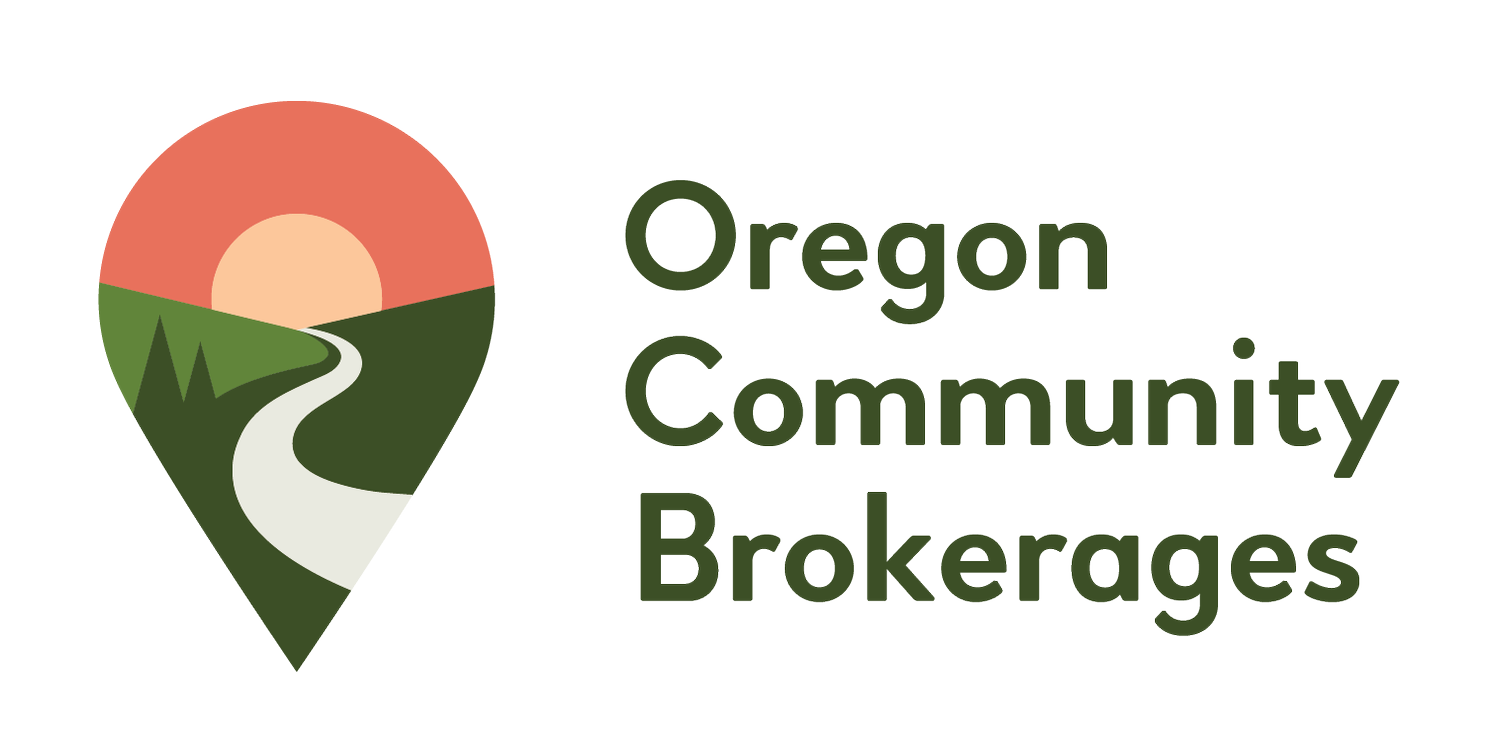
Oregon Needs Assessment: The Power of Diverse Supports
Change can be scary. As we have talked about previously, the new Oregon Needs Assessment (ONA) will result in changes to personal resource allocations sometime in the next year or two. Our lives aren’t always predictable, and when our supports aren’t either, it can be difficult. We will always advocate for stable, secure DD service funding to improve the lives of Oregonians with developmental disabilities. But what else can we do to combat the ups and downs of public funding levels? Let’s talk more about that.

Why Vision Matters
We have talked a lot about the series of policy changes back in late 2013 that resulted in the statewide Community First Choice K Plan, in consolidating services and payment into the eXPRS Plan of Care, and the rise of the Adult Needs Assessment as a primary point of departure for service planning and funding. Today, we believe that more change is necessary if Oregon is to regain a functional, sustainable structure for IDD services.

Vision, January 2016: A Second Look at the Future of IDD Services in Oregon
Nearly one year ago, the Oregon Support Services Association shared our February 2015 Vision for the Future of Disability Services in Oregon. It was meant to be a comprehensive look at what we want for our service system, with ideas about how we might get there. While the ultimate vision hasn’t changed substantially, the ideas for how we get there have been refined to fit a January 2016 understanding of the world. Click here to view the OSSA Vision For the Future of Disability Services in Oregon, January 2016.

A Diversity of Services Requires A Diversity of Providers
Community-based services are different. In 2001, Oregon made a deep investment in community supports when it began to develop Support Services Brokerages. This style of service, which seeks to serve people where and how they wish to live, is very support servicesdifferent from the institutional settings of the past. People make different choices when you let them, they express different needs than you might have anticipated--they surprise you. Oregon found that community-based services demanded a wider diversity of providers.
OSSA's Vision for the Future of Disability Services in Oregon
Sometimes, in the midst of change, it is hard to see the way forward. Oregon's system of services to people with intellectual and developmental disabilities once felt like it had a clear identity as a national leader for progressive, community-based service. We closed down institutions. We gave control to the people using the services. We showed that giving people self-determination can not only be right, it can also be cost-effective, good business.
